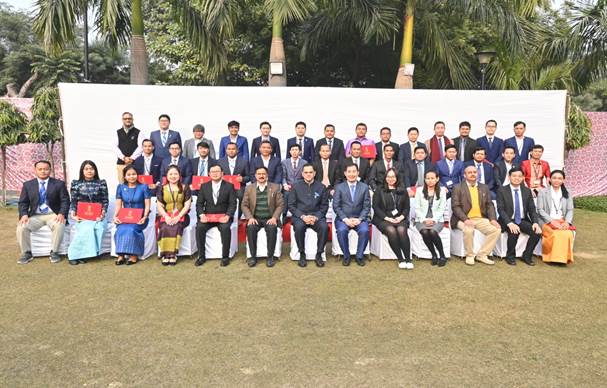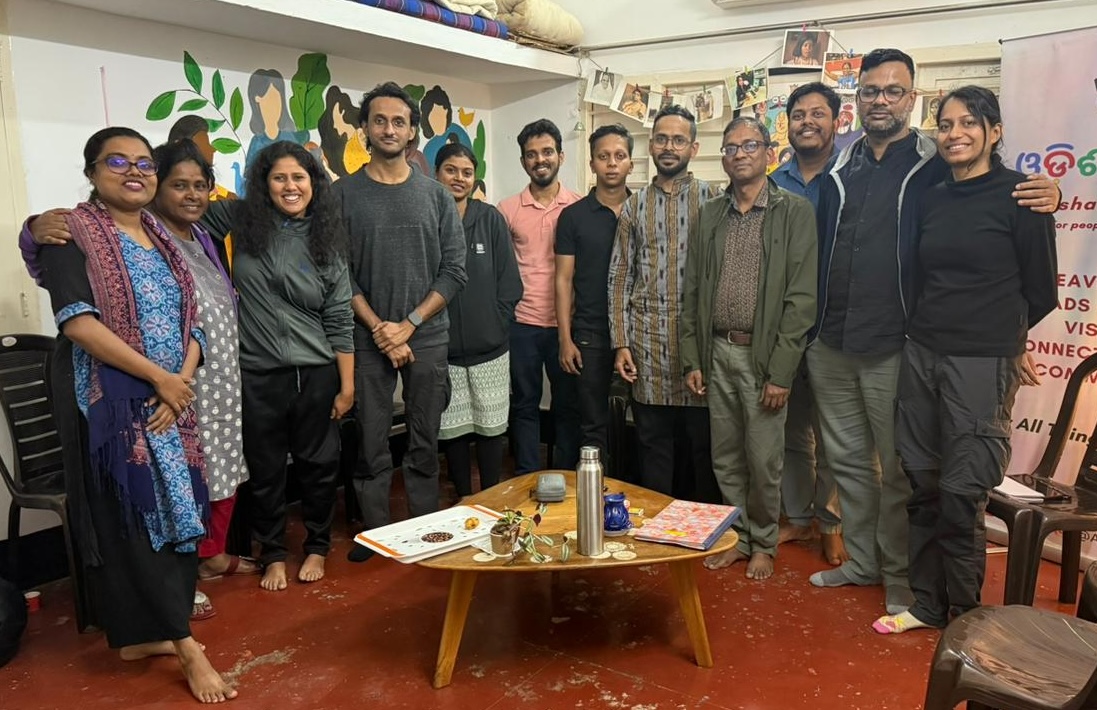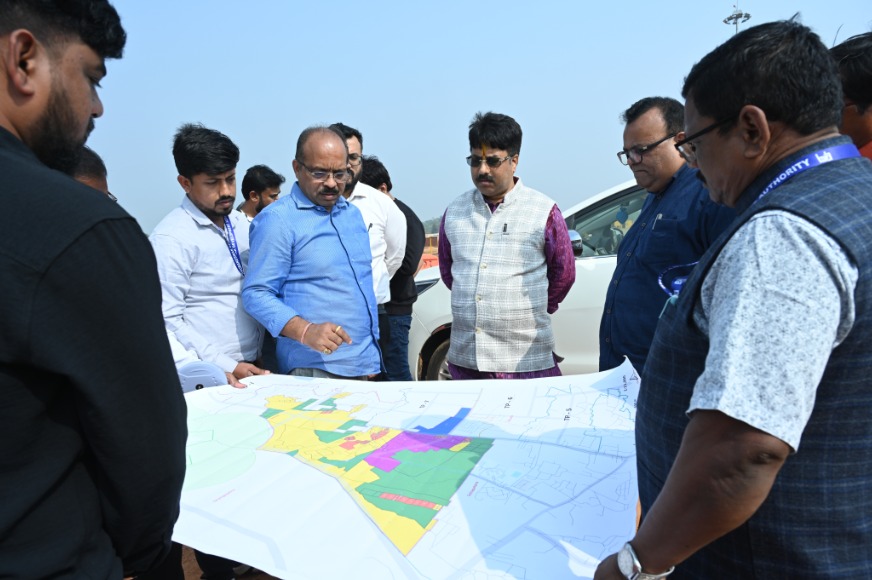New Delhi: The National Centre for Good Governance (NCGG), an autonomous institution under the Government of India, successfully concluded its third capacity-building program on Public Policy and Governance for 38 Civil Servants from Cambodia. The two-week initiative, held from January 8th to January 19th, 2024, aligns with Prime Minister Narendra Modi’s ‘Neighbourhood First’ policy, emphasizing collaboration and cooperation with neighboring countries.
The valedictory session, presided over by Shri V. Srinivas, IAS Director General (DG) of NCGG and Secretary, Department of Administrative Reform and Public Grievances (DARPG), Government of India, marked the culmination of an enriching training program. During the session, Shri V. Srinivas highlighted the collaborative efforts between India and Cambodia in the domain of public administration and governance, as reflected in the approved Memorandum of Understanding (MOU). The MOU, spanning five years, aims to replicate India’s digital transformation experience in Cambodia.
Emphasizing the importance of ‘chintan shivir’ (ideation camp) in fostering strong bonds through group discussions, Shri V. Srinivas reiterated India’s policy maxim of “minimum government, maximum governance.” He underscored the significance of Digitally Empowered Citizens and Digitally Transformed Institutions in achieving good governance.
Mr. Sreang Phanith, Deputy Director General, Ministry of Civil Service, expressed gratitude to the Government of India and the Ministry of External Affairs for the invaluable opportunity. He thanked Shri V. Srinivas and the NCGG team for conducting the comprehensive training program, noting that it provided insights into best practices in public policy and governance. Mr. Phanith highlighted the potential positive impact on the Cambodian Civil Service’s ability to deliver enhanced services to its citizens.
As part of the learning outcomes, participants delivered insightful presentations on topics such as “Digitally Tracking Performance of Civil Servants,” “Improvement in Civil Service Recruitment Process in Cambodia,” and “Promoting Digital Public Service Delivery and Increasing Citizen Satisfaction.”
Dr. B.S Bisht, Associate Professor and Course Coordinator, provided a glimpse into the course curriculum, covering various aspects of governance, public policy, and implementation. The program included sessions on ethics in administration, leveraging technology in disaster management, climate change, health sector optimization, smart and sustainable cities, leadership and communication, e-governance, digital India, gender and development, and transparency in government procurement through GeM (Government e-Marketplace).
The training program also featured visits to key institutions, including the Smart City Project and Information Technology Development Agency (ITDA) in Dehradun, Budha temple, District Muzaffarnagar, AIIMS and Sanchar Bhawan in New Delhi, and a visit to the iconic Taj Mahal in Agra.
Dr. B. S. Bisht, along with Dr. Sanjeev Sharma, Co-Course Coordinator, Sh. Brijesh Bisht, Training Assistant, and the capacity-building team of NCGG, played a crucial role in supervising and coordinating the third Training Programme on Public Policy and Governance for Cambodian Civil Servants. The NCGG, since its establishment in 2014, has been actively involved in training civil servants not only from India but also from various countries, contributing to their professional development and fostering international cooperation.





